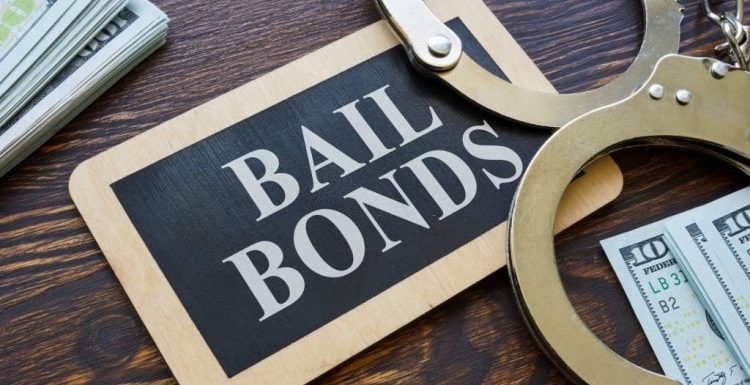
Posting bail is the fastest way to get out of jail if you’re arrested for nonviolent crimes and misdemeanors. A bail bonds agent can offer to post your bail amount and recoup it later when you appear in court. If you fail to show up in court, the bail won’t be recouped, meaning the bailing agent has to find ways to get back their money.
Here are the main costs involved when working with a bonding company to post your bail:
Bail Bond Fee
A bail bond fee or bond premium is a non-refundable amount you pay a bailing agent before they post your bail. When you hire a bonding company, they’ll work on getting you released from jail as soon as possible. The process may involve a bail hearing before a judge to determine if the charges are warranted. You’ll receive a bail amount and conditions, which you can accept or deny. If you accept the terms, you can post the bail and wait for your release.
A bonding company can help you cover the bail amount if you don’t have the money. Before they post your bail, the agent will require a bail bond fee, which the state regulates. The fee is a percentage based on the bail amount. When you appear in court and oblige with all the bail conditions, the court will return the bail amount to the bonding company. All bonding companies require a bail bond fee before starting the process of bailing you out of jail.
Personal Property Collateral
When you hire a bond dealer to get you out of jail, they’ll request a small premium and post the rest of the money. If your bail amount is $5,000 and the premium is 10%, you’ll only pay $500, and the bailing agent will pay the full amount to the court. If you fail to show up in court, the bailing agent won’t recoup the bail amount, which translates to a 90% loss. Most bonding companies will request some form of collateral to cover this risk.
The collateral can be any personal property of value, like a house, car, piece of land, or savings account. If you don’t turn up in court, the bonding company can use the collateral to recoup their funds. You should review the terms and calculate the risk, especially if you’re not the defendant. Make sure the defendant will show up in court to avoid losing your asset. The type of collateral requested will depend on the bail amount, bonding company, and other factors.
Bail Bonds Payment Options
Leading bonding companies offer a variety of payment options. You may find “zero-down” payment options, but they are rare. What’s more common is payment plans that allow you to pay the bond premium in installments. You should find reputable bonding companies with a growing reputation in your community.
Working with a local bonding agent who understands the jail and court system may get you out of jail faster. The goal is to leverage efficient services to get bail bonds customized to your needs. Ask your bonding agent about existing payment plans and related costs so you can organize your finances.
